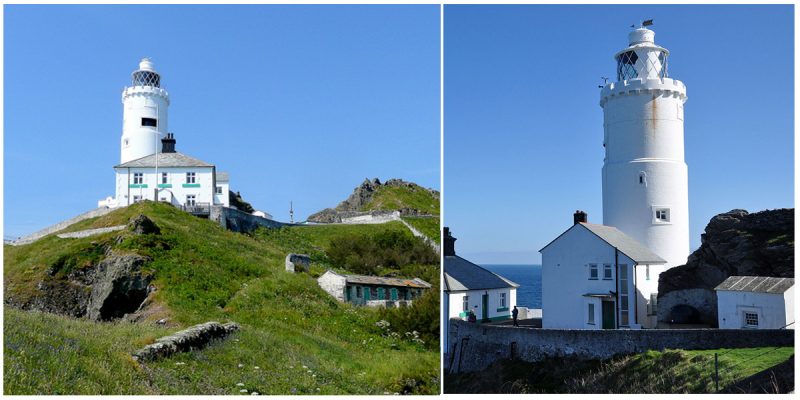Start Point Lighthouse was built in 1836 to protect shipping off Start Point in south Devon, England. It is one of the twenty-nine towers designed by James Walker. Made in gothic style, the lighthouse is a grade II listed building owned and operated by Trinity House.
Since its construction, the lighthouse has undergone many changes. A fog-signalling bell was added in 1862 but this was quickly replaced by a siren in 1877.
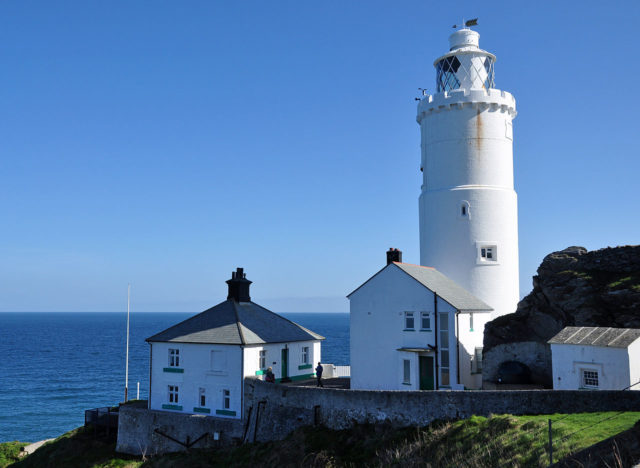
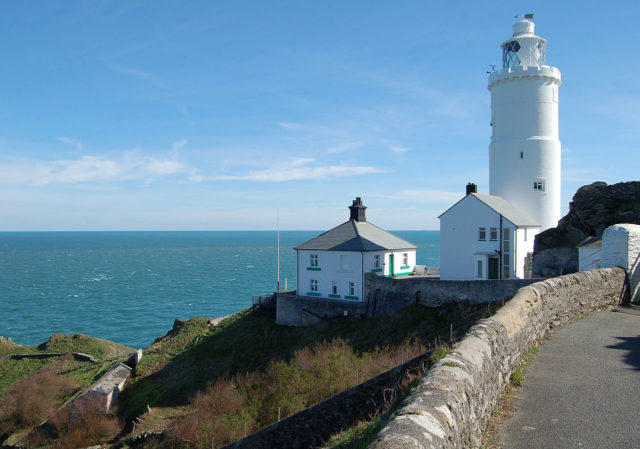
Part of the lighthouse complex collapsed including the fog signal due to the erosion of the coast in 1989. The buildings that survived were used by the lighthouse keepers, who originally could only get on or off the lighthouse by boats, such as the well and the piggery. It was built in gothic style, topped by a crenelated parapet.
The main tower is built of tarred and white-painted granite ashlar with a cast-iron lantern roofed in copper. There are two entrance porches, on the north and south sides and both have raised parapets with Trinity House arms. There is a cantilevered granite staircase around the inside well of the tower with an iron balustrade completed by cast-iron newelan.
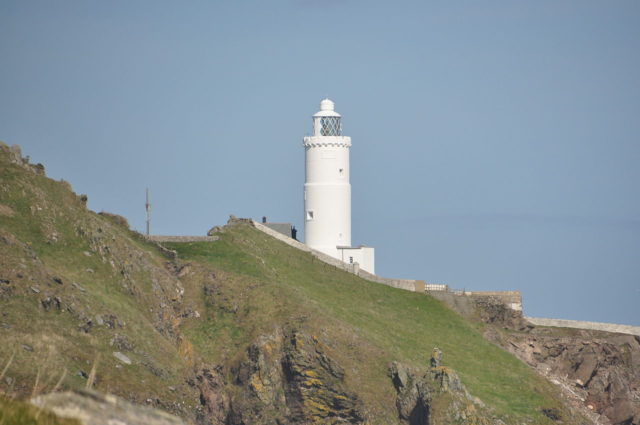
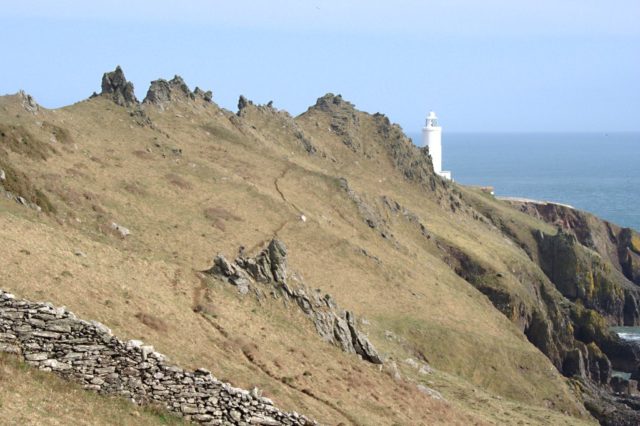
The automation of start Point Lighthouse was carried out by LEC Marine in August 1992 at a cost of £82, 754 and it was completed in 1993. Today, the station is monitored and controlled from the Trinity House Operations Control Center at Harwich in Essex. Alan Stevenson designed the lens which were developed from the dioptric system and they are the first of this kind to be used by Trinity House.
There are two white lights on the lighthouse, one revolving and one fixed to mark the Skerries Bank. The lighthouse was powered by oil until 1959 when it was electrified. The light alone was found inadequate in fog, and a bell was installed in the 1860s. The machinery was housed in a small building on the cliff face operated by a weight which fell in a tube running down the sheer cliff.
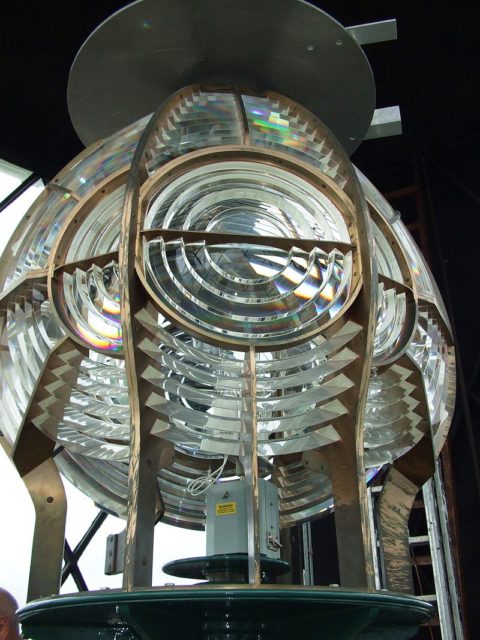
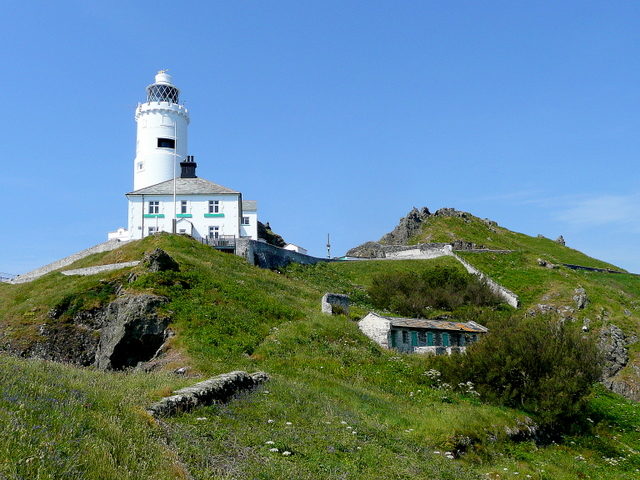
There are guided tours to the lighthouse when it’s open to the public during the summer. According to Start Point Devon, visitors can explore the rugged coastline by walking the South West Coast Path towards Beesands and Torcross or East Prawle and Salcombe.
Read another story from us: Robert Stevenson- Scottish designer and builder of lighthouses
There are educational packs produced by Trinity House called KS1 and KS2 with interesting characters which are free to booked school visits.
